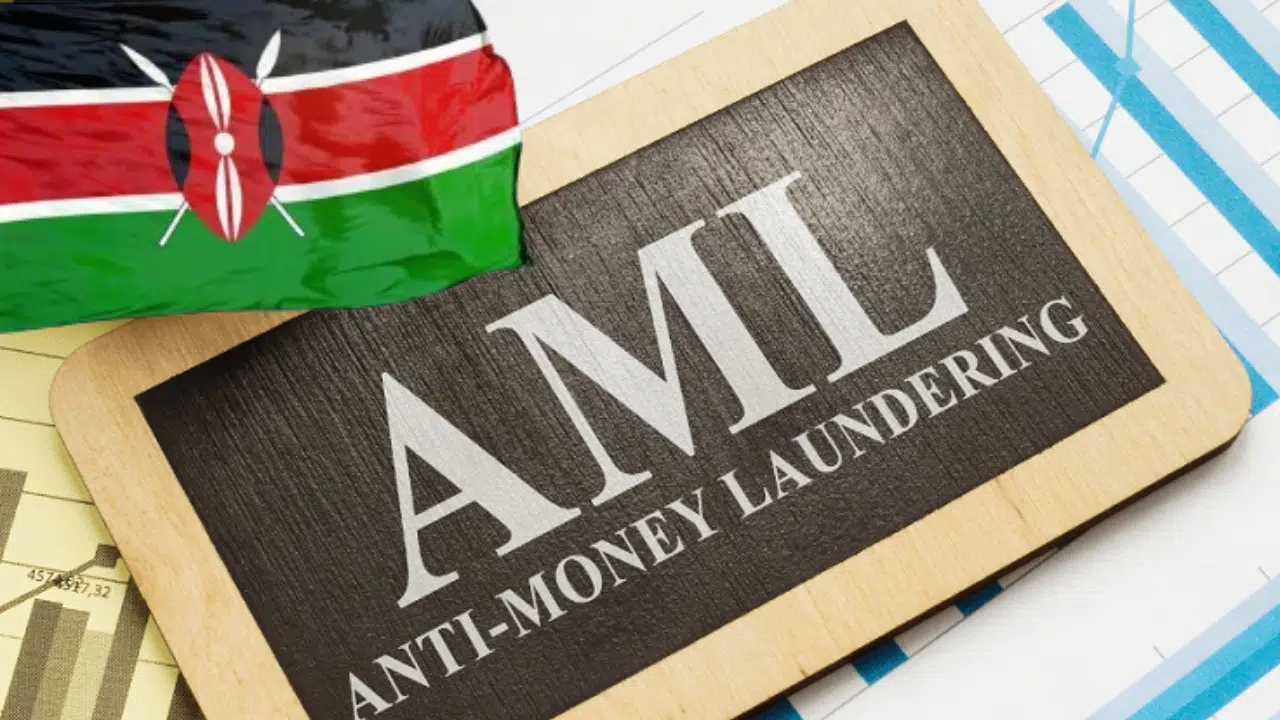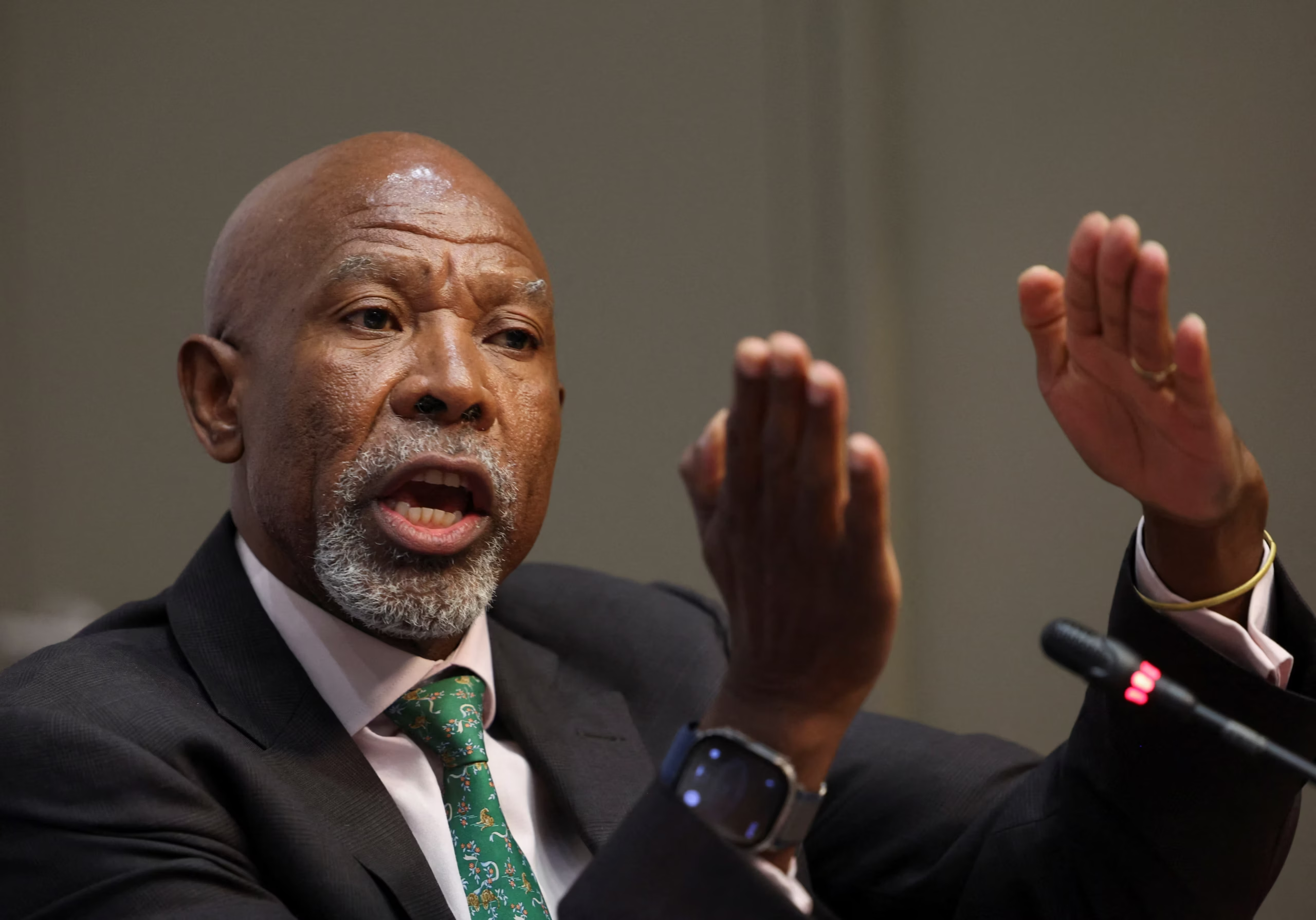Kenya has enacted new anti-money laundering legislation aimed at strengthening its financial system and addressing key deficiencies flagged by global and regional watchdogs.
The move comes just days after the European Commission listed the country among high-risk jurisdictions for failing to adequately combat money laundering and terrorist financing.
Signed into law by President William Ruto on Tuesday, the Anti-Money Laundering and Combating of Terrorism Financing Laws (Amendment) Bill 2025 is part of a broader push to align with international compliance standards.
The law expands the regulatory net to cover real estate transactions, shell companies, and virtual asset platforms, which have increasingly become conduits for illicit financial flows.
“Kenya is keen on pursuing reforms that cement our position in the region as a leader in financial integrity and regulatory reform,” Ruto said, adding that the new law addresses gaps in the monitoring of property dealings and the use of opaque corporate structures.
The legislation also follows Kenya’s greylisting by the Financial Action Task Force (FATF) in February 2024 and is seen as a necessary step to avoid further reputational and financial fallout. Other African countries recently grey-listed by the European Union include Algeria, Angola and Côte d’Ivoire, while Senegal and Uganda were delisted.
Kenya’s Mutual Evaluation Report by the Eastern and Southern Africa Anti-Money Laundering Group, published in September 2024, flagged the absence of a regulatory framework for digital assets as a key vulnerability.
In response, the government has tabled the Virtual Assets Service Providers Bill 2025, which is currently under parliamentary review.
The draft law proposes licensing requirements for crypto firms, including a local office presence, vetted management teams, and transparent record-keeping.
Oversight would fall to the Capital Markets Authority and the Central Bank of Kenya, with a focus on tightening control over crypto transactions amid the rising popularity of assets like Bitcoin and Ethereum.
The recent shift marks a departure from Kenya’s earlier scepticism towards virtual currencies, as authorities now seek to bring the fast-growing sector into the regulatory fold.
President Ruto also signed into law the Insurance Professionals Bill (National Assembly Bills No. 13 of 2024), which aims to improve service standards and enforce professionalism in Kenya’s insurance industry.
With greylisting threatening to raise the cost of cross-border transactions and dampen investor confidence, successful implementation of the new reforms will be key to restoring trust and safeguarding access to global financial systems.











